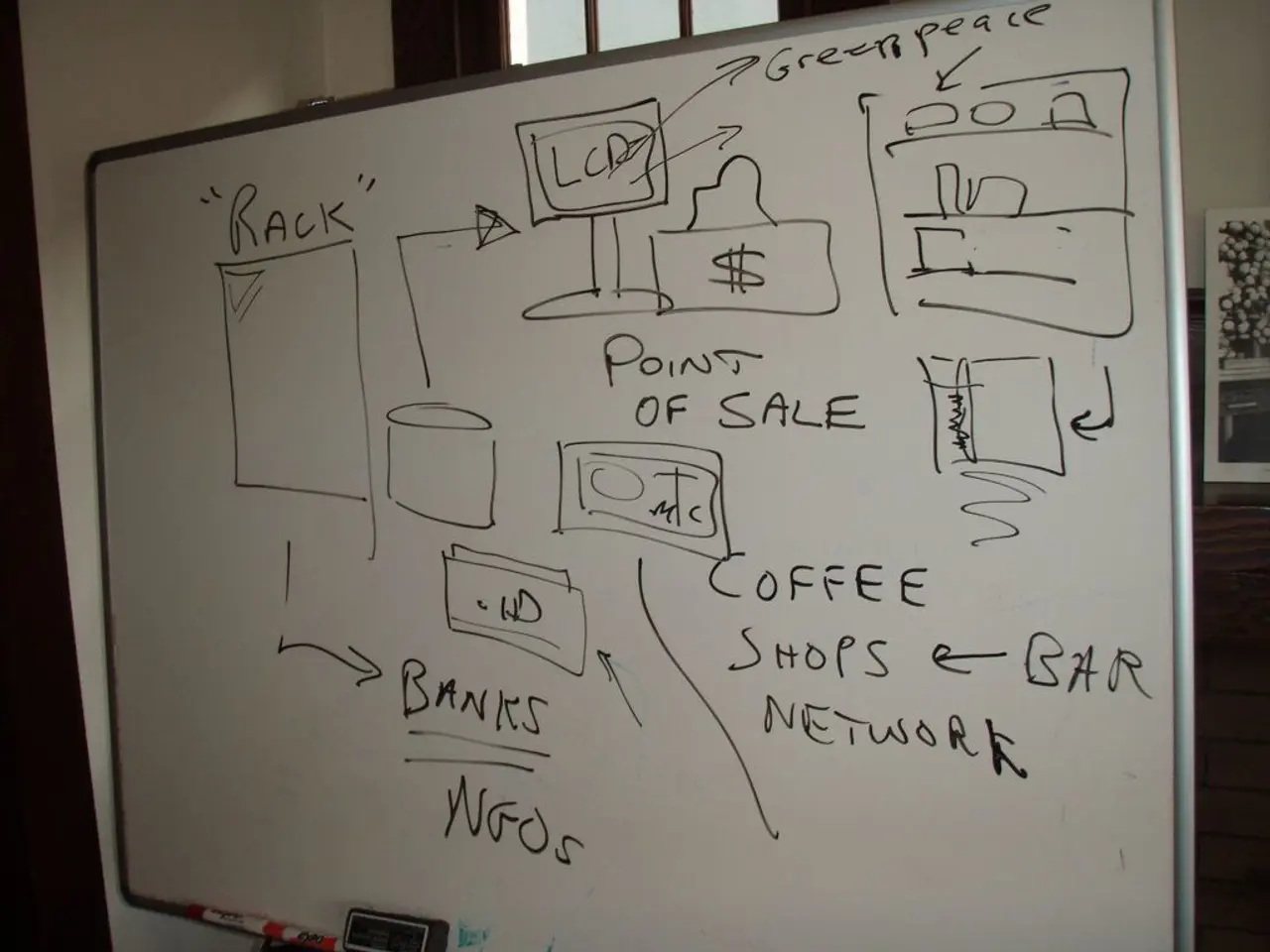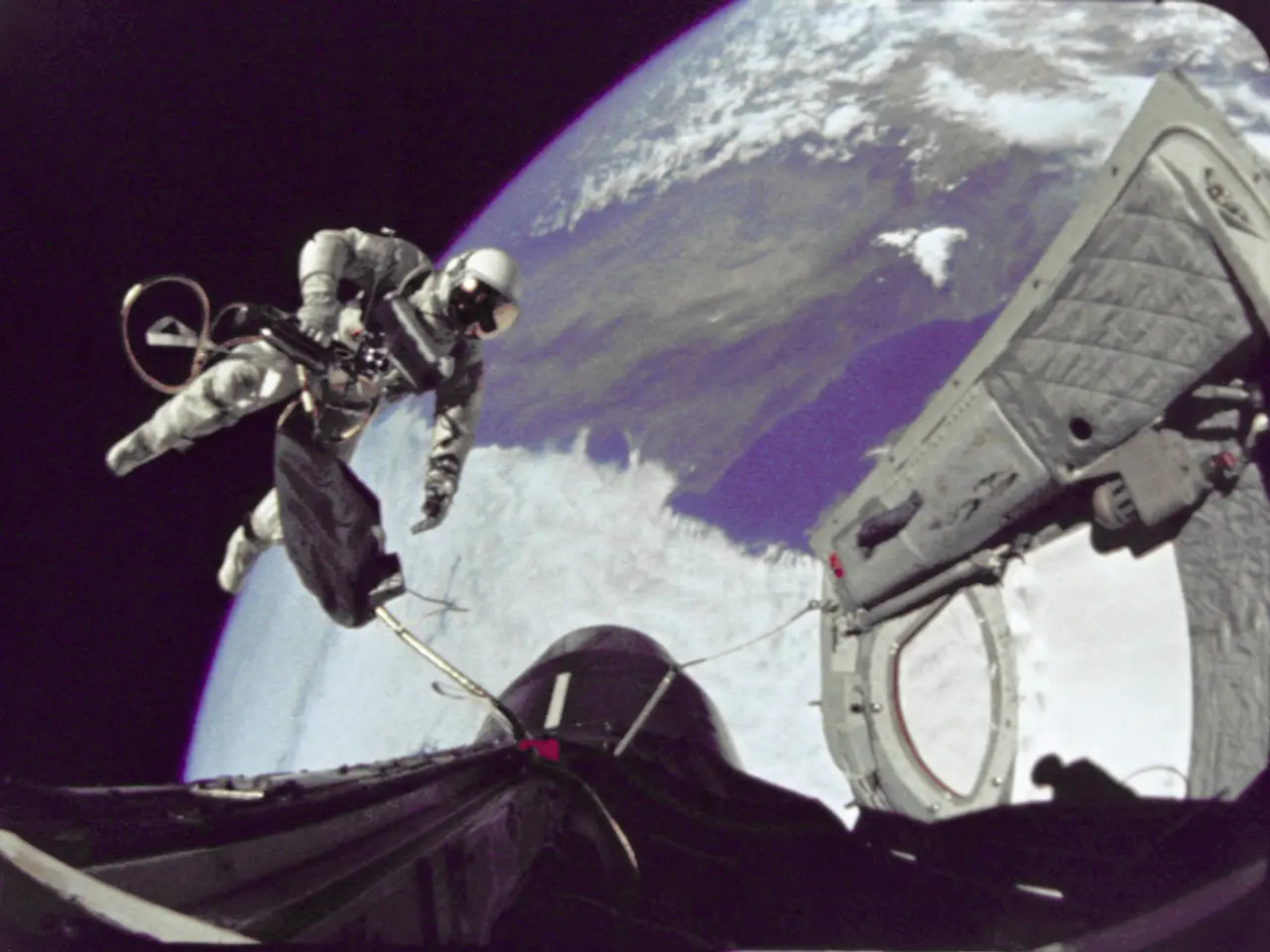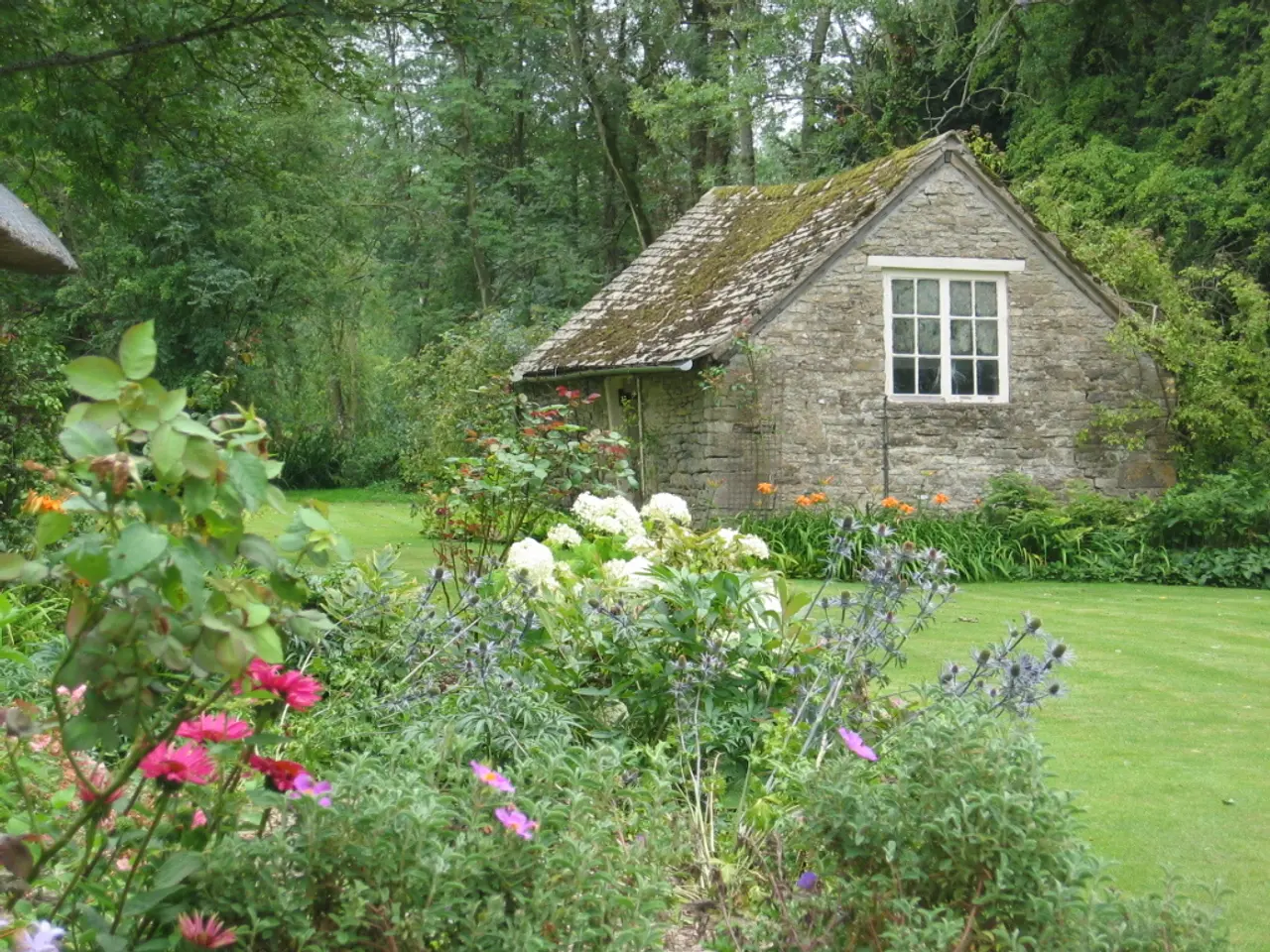Quantum-driven machine learning used for first-time creation of semiconductors; potential to revolutionize chip manufacturing processes
In a groundbreaking development, scientists in Australia have introduced a quantum machine learning technique that could transform the way microchips are manufactured. This new approach, named the Quantum Kernel-Aligned Regressor (QKAR), has shown promising results in improving the modeling of Ohmic contact resistance, a challenging aspect in chipmaking.
The complex process of semiconductor fabrication requires painstaking precision, involving numerous steps such as lithography, etching, and ion implantation. QKAR, however, introduces a game-changing element by utilising quantum feature mapping to transform and enrich classical data.
By converting classical fabrication data into quantum states using just five qubits, QKAR is able to capture complex nonlinearities and high-dimensional interactions beyond the capabilities of classical models. This allows it to effectively handle small, noisy, and complex data sets typical in semiconductor manufacturing.
The QKAR model has demonstrated superior accuracy compared to seven traditional classical machine learning algorithms, including deep learning and gradient boosting methods, in testing. It achieves this by applying a Pauli-Z feature map and a trainable quantum kernel layer that can extract deeper, highly entangled features and complex nonlinear relationships in the data that classical models often miss.
After quantum feature extraction, a classical algorithm uses this enhanced information to guide manufacturing improvements, identifying key fabrication parameters that influence contact resistance and suggesting optimal process adjustments. The model has demonstrated superior accuracy in the experimental production of improved gallium nitride (GaN) high-electron-mobility transistors (HEMTs), widely used in advanced electronics.
The QKAR model is designed to be compatible with real-world hardware and could be deployed on quantum machines as they become more reliable. This represents a significant advancement in quantum machine learning's real-world impact on semiconductor design and manufacturing.
As we move forward, the method could soon be applied to real-world chip production as quantum hardware continues to evolve. The findings of this study demonstrate the potential of quantum machine learning (QML) for effectively handling high-dimensional, small-sample regression tasks in semiconductor domains. This could pave the way for more efficient and accurate chip manufacturing processes in the future.
Science and technology intertwine in this groundbreaking development, as scientists utilize quantum machine learning to transform the way microchips are manufactured. The Quantum Kernel-Aligned Regressor (QKAR) model, by converting classical fabrication data into quantum states, captures complex nonlinearities and high-dimensional interactions beyond the capabilities of traditional classical models, providing superior accuracy in semiconductor manufacturing processes.




